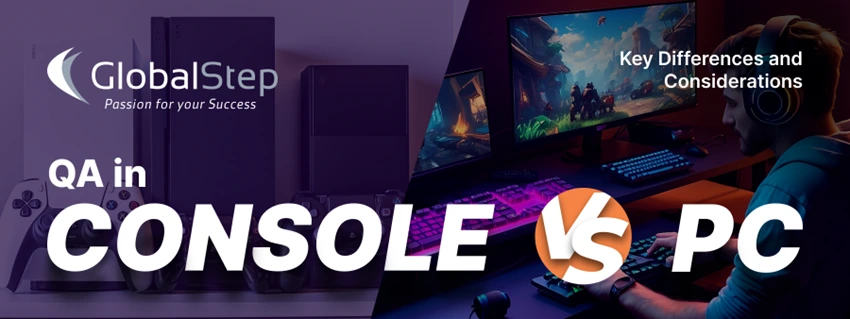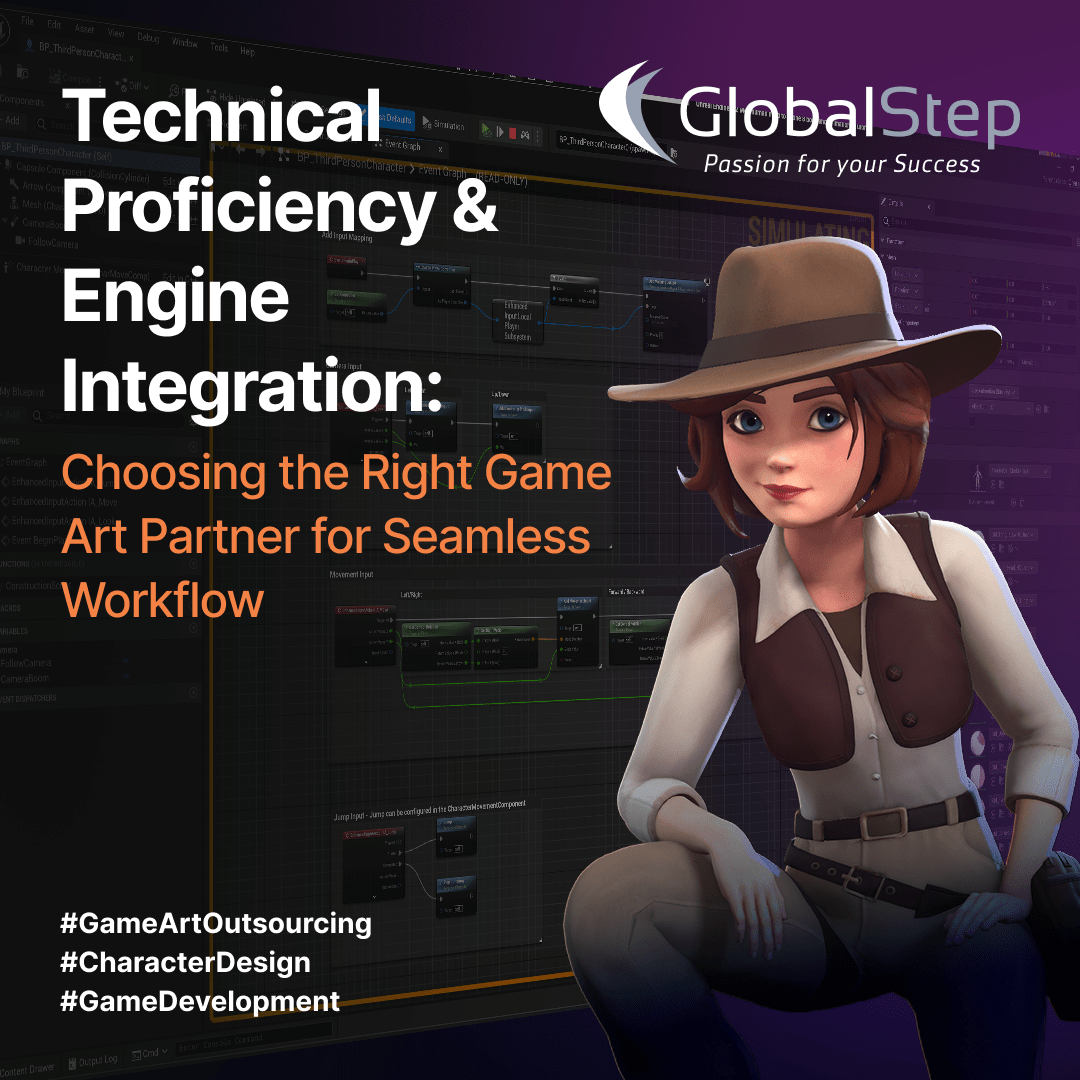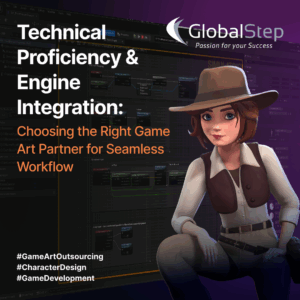
Quality assurance (QA) plays a vital role in ensuring smooth and enjoyable gaming experiences, but the process can vary significantly depending on whether a game is developed for consoles or PCs. Both platforms come with their own technical requirements, user expectations, and challenges, which makes it important to tailor QA strategies accordingly. In this blog, we’ll explore the key differences between QA in console and PC game development and outline some essential considerations for testing on each platform.
Platform Specific Requirements
Perhaps the biggest difference in console versus PC game development is the amount of granularity the developers have with the hardware. Console systems — PlayStation, Xbox, Nintendo — are closed systems in which the hardware is tightly controlled. This homogenizes certain areas within QA because testers only need to confirm that the title operates correctly on a few system configurations. Performance can be better optimized since there is complete knowledge regarding what type of hardware the game will execute on.
Conversely, PC gaming natively represents an extremely wide range of processor, GPU, memory, and peripheral combinations. QA testers must consider these variables through comprehensive testing on a wide array of hardware configurations for compatibility and performance stability. This makes PC game QA even more resource-intensive and complex because the testers have to find issues that can arise from different configurations of hardware.
Although PC testing is more varied and complex due to the wide range of hardware configurations, console testing introduces its own layer of complexity. Testers must be proficient in using first-party tools, like Xbox GDK and PS5 Neighborhood, to properly test and report issues. These tools add an extra dimension that PC testers don’t typically have to contend with, requiring specialized knowledge for effective console testing.
Certification and Compliance
The other major difference lies in console certification processes. Console manufacturers like Sony, Microsoft, and Nintendo have strict guidelines and certification requirements that games should follow before they appear on the respective platforms. Included are technical standards for performance benchmark functionality, all of which must be met to ensure that a given platform does not fluctuate. QA teams will need to make sure console games adhere to these requirements or risk delaying release cycles for the said entertainment platforms.
While on the other hand, PC games do not have any centralized certification process. It doesn’t imply that QA is less important for PC games, but it does mean developers have to make sure their game will work properly on different setups, operating systems, and with several game launchers like Steam, Epic Games Store, and GOG. This, although allowing more flexibility in view of a standardized certification process, puts more on the QA teams to manage a greater variety of possible issues.
In this context, when we refer to consoles, we primarily mean high-end HD consoles such as PlayStation and Xbox. However, there are also other handheld consoles, like Stadia, Steam Shield, and Nintendo Switch, which bring their own unique testing challenges and requirements.
Input Devices and User Experience
Console gaming relies heavily on controllers, hence reducing the number of testers that will be testing input devices during QA. This reduces the complexity because most controllers follow standard configurations. However, console games must ensure a seamless user experience with the gamepad, comprising optimization of layouts of buttons for responsiveness and ease of use.
In contrast, PC gaming supports the wide range of input peripherals, starting from simple keyboards and mice to highly specialized ones like flight sticks or steering wheels. That in itself creates room for extra layers of complexity at the QA testing stage, since the game has to work just right with the majority of input combinations out there. Not only that, but PC gamers tend to have more freedom when it comes to keybindings and control schemes, which have to be painstakingly checked not to cause compatibility issues.
Performance Optimization

Another critical area in which QA strategies between console and PC game development diverge involves performance optimization. Due to the fact that hardware is standardized on consoles, it is far easier to optimize a game to peak performance without having to take into account hardware variations. At times, console games are expected to run at higher resolutions and frame rates, adding more pressure to the QA teams for assurance of performance across all available models of consoles, including the older generations.
But with PC games, there is a far bigger range of hardware to consider. The QA testers need to make sure that the gameplay is smooth on high systems and most modest configurations, offering variable graphics settings at the same time, usually. That’s what it means: performance testing for PC games gives room for optimizations for many resolutions, several frame rates, and hardware combinations — a more complex effort than on consoles.
Cross-Platform Play and Compatibility
With cross-platform gaming becoming a thing, QA needs to make sure console players just all interact perfectly with PC players. Cross-platform compatibility brings along new challenges of its own, such as maintaining parity across systems in gameplay, performance, and balance. This means extensive testing to ensure no platform has an unfair advantage over another and that bugs or performance issues do not affect one more than others. Another issue with cross-platform is network compatibility; infrastructures and online services may be different between console and PC games. QA teams should verify matchmaking, voice chat, and other functionalities online, which also need to go through seamlessly across different platforms.
Conclusion: Platform-Specific QA Strategies
The whole concept of successfully doing QA on both console and PC games is basically about understanding the different challenges and requirements each comes with. While console games enjoy standardized hardware and most of the time streamlined certification processes, they surely require careful attention to manufacturer guidelines and performance expectations. On the other hand, PC games mean flexible and more extensive QA strategies since there is a palette of varying hardware configurations and input devices.
At GlobalStep, we understand all the subtleties of platform-specific QA. Our team of experts is prepared with the knowledge and tools necessary to handle all the complexities of console and PC game testing and assure that your game will perform exemplarily on any platform.





